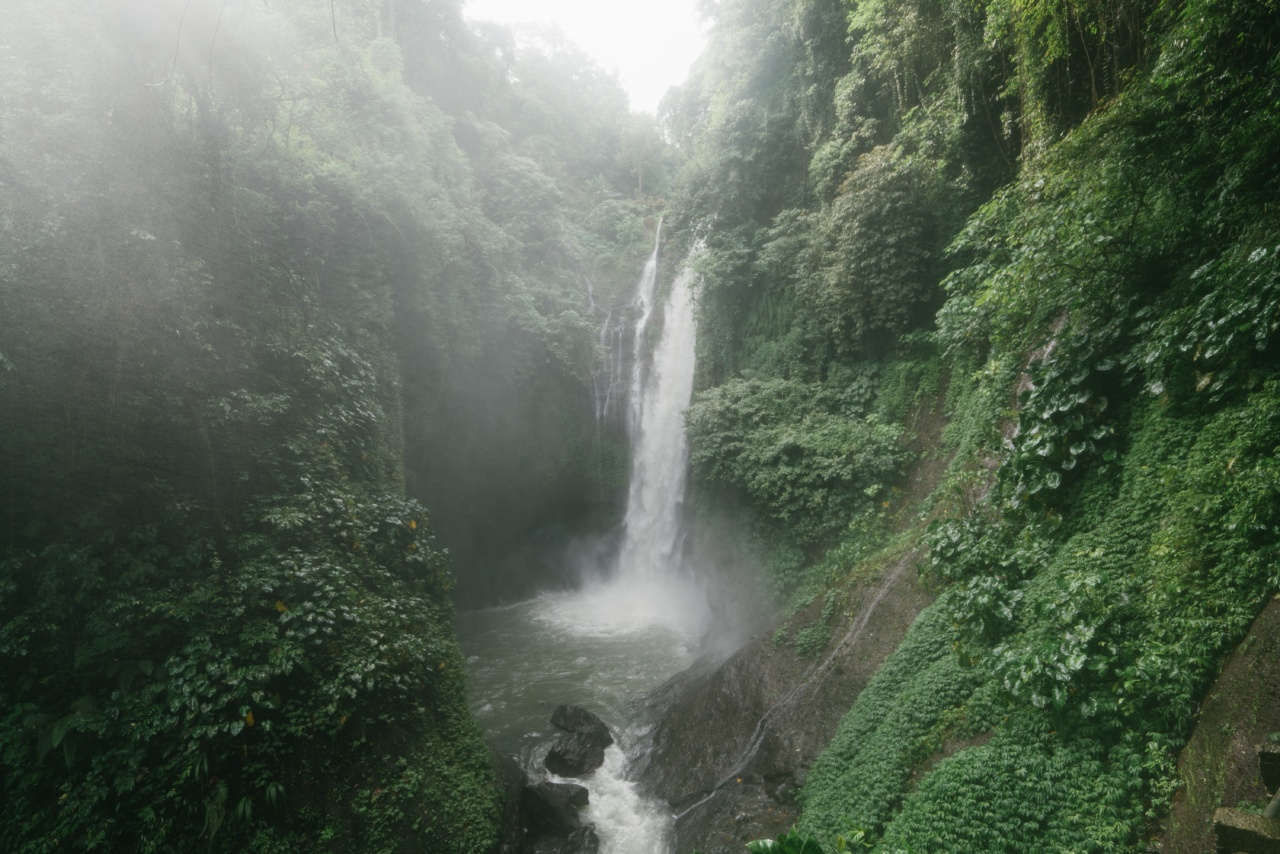Glaucoma and macular degeneration are two common eye conditions that can significantly impact one’s ability to view and appreciate natural wonders such as waterfalls.
These conditions affect different parts of the eye and can lead to various visual impairments, potentially altering the experience of observing the beauty and majesty of a waterfall.
The Basics of Glaucoma
Glaucoma is a group of eye diseases characterized by damage to the optic nerve, which connects the eye to the brain.
The most common type of glaucoma, known as primary open-angle glaucoma, is often caused by increased pressure within the eye, resulting in gradual vision loss if left untreated.
When it comes to viewing a waterfall, individuals with glaucoma might notice several changes in their visual perception. One common effect is a loss of peripheral vision, known as tunnel vision.
This can make it challenging to take in the full panoramic view of a waterfall, as the peripheral areas of the scene might be significantly reduced or even absent.
Additionally, glaucoma can cause blurred vision and increased sensitivity to glare. Waterfalls often produce a vibrant and reflective environment, with sunlight bouncing off the cascading water.
Glare from water droplets, combined with reduced visual clarity, can make it difficult for individuals with glaucoma to fully appreciate the details and nuances of a waterfall.
The Impact of Macular Degeneration
Macular degeneration is a degenerative eye disease that affects the macula, the central part of the retina responsible for sharp vision.
This condition is commonly associated with aging and can lead to a gradual loss of central vision, affecting tasks such as reading, recognizing faces, and observing fine details.
When viewing a waterfall, individuals with macular degeneration might struggle to perceive the intricate patterns and textures of the cascading water.
The reduced central vision makes it challenging to focus on specific areas of interest, leading to a more generalized and less detailed visual experience.
In some cases, macular degeneration can cause a loss of contrast sensitivity, making it difficult to distinguish between different shades and colors. Waterfalls often feature a variety of hues and tonal variations.
However, individuals with macular degeneration may struggle to appreciate the full range of colors, resulting in a less vibrant perception of the scene.
Adapting to Vision Changes
While glaucoma and macular degeneration can present significant challenges when viewing a waterfall, there are various strategies that can help individuals adapt and still enjoy the experience.
One helpful approach is to utilize assistive devices, such as magnifying glasses or telescopic lenses. These aids can enhance visual acuity and allow individuals with macular degeneration to observe finer details and textures in the waterfall.
For those with glaucoma, devices that reduce glare, such as tinted lenses or sunglasses, can mitigate discomfort and improve overall visual perception.
Choosing the right time of day to visit a waterfall is another useful strategy.
Opting for early morning or late afternoon can help reduce the intensity of sunlight and minimize glare, enhancing the viewing experience for individuals with glaucoma or macular degeneration.
Furthermore, exploring accessible trails and viewpoints can provide safer and more comfortable options for individuals with visual impairments.
Some waterfalls offer designated platforms or paths equipped with handrails, ensuring a more secure environment for enjoying the beauty of nature.
Seeking Professional Help
If you have glaucoma or macular degeneration and wish to fully optimize your ability to view waterfalls or any other natural scenery, it is crucial to consult with an eye care professional.
They can provide personalized recommendations based on your specific condition and needs.
Regular eye examinations are especially important for individuals with glaucoma or macular degeneration, as early detection and treatment can help preserve vision and potentially slow down the progression of these conditions.
Monitoring visual changes and following a treatment plan prescribed by an eye care professional are essential steps for managing the effects of glaucoma and macular degeneration.




























